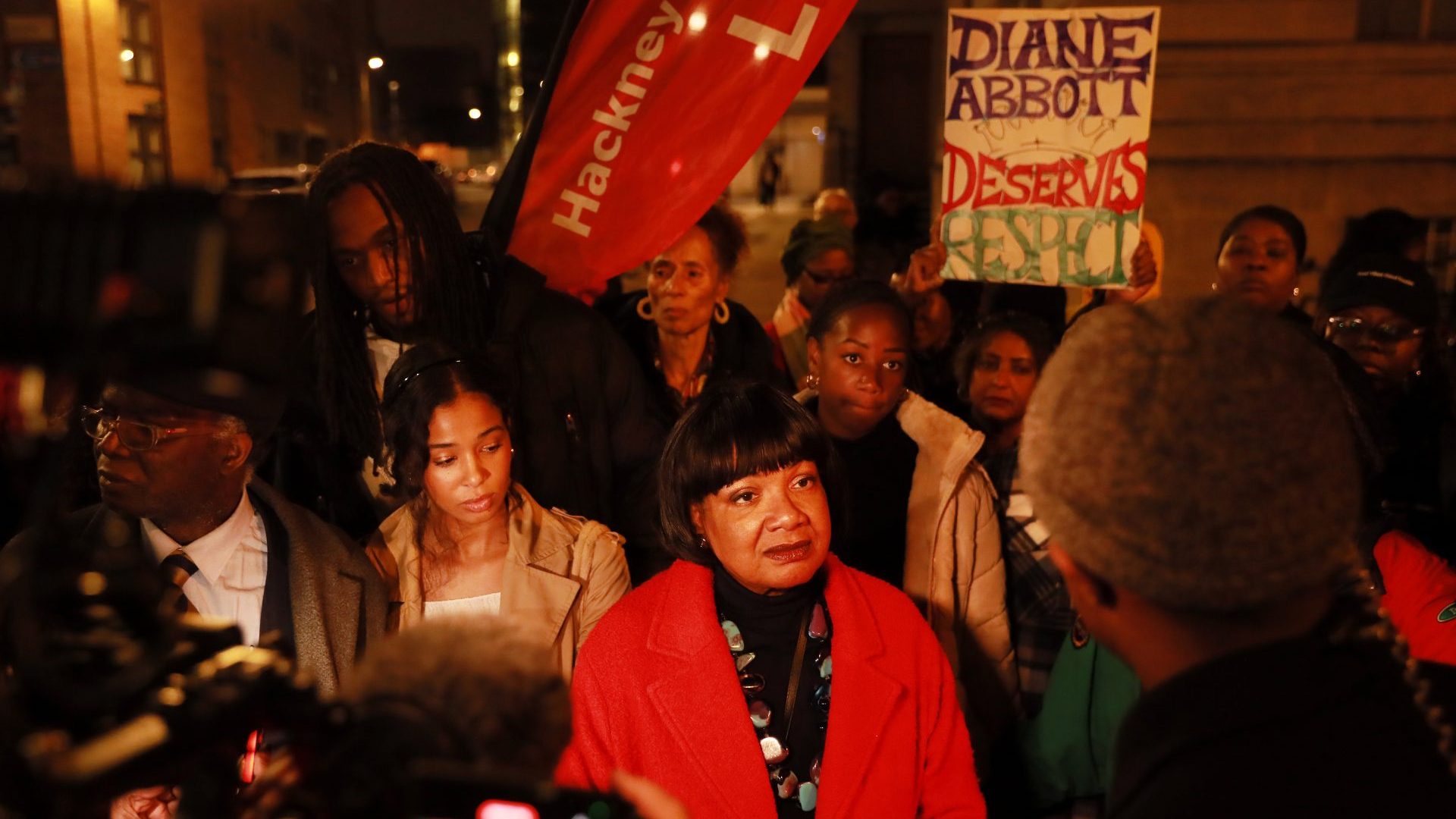Writing stories about incoming governments usually feels like saying, out loud, “gosh, I think this is going to be a really great day!”. Even if you feel, in your heart of hearts, that it is going to be the case, you cannot help but wonder if you are in the process of jinxing it.
Everyone who wrote about an Ed Miliband government in 2015 or a majority Conservative government in 2010 probably ended up feeling like a bit of a wally afterwards. It’d been worth doing, but ultimately fruitless. This time feels different.
At time of writing, there is no-one on God’s green earth predicting that the Tories have a chance in hell of winning on July 4. It may be a big Labour majority or only a little one, but Keir Starmer will be in Downing Street in just over a month. This much we know.
What it means in practice is that we can start seriously thinking about what that may look like, without fearing divine retribution. Starmer has, after all, been a very effective leader of the opposition, but leading the country will be a very different job. Where will he succeed? Where might he fail?
There may be clues from what had happened to Diane Abbott. The veteran MP lost the whip in April 2023 after suggesting that in her view, unlike black people, Jewish, Irish and Traveller people are not subject to racism “all their lives”.
We now know the party’s internal investigation into Abbott was completed in December last year. The MP for Hackney North and Stoke Newington received a formal warning about her conduct and attended an “antisemitism awareness course”.
This all happened over five months ago, seven months after her original suspension, but it was only on Tuesday evening that news broke that Abbott had had the Labour whip restored.
Which means that since Abbott was not officially a Labour MP when the general election was called, it seems that she will be unable to stand for the party in this general election.
It is hard to see the delay as anything but a factional play. Abbott was a senior frontbencher under the leadership of Jeremy Corbyn, and she sits squarely on the left of the party. It was presumably convenient for the office of the opposition leader that she had not returned to the Labour benches. She is, and always has been, an outspoken critic of some of the policy stances she disagrees with.
That should not be seen as a good thing. Like or loathe her, Abbott has been a member of parliament for decades. She entered the Commons in 1987; the year Starmer, who eventually became director of public prosecutions, became a barrister.
She may occasionally be inconvenient to this new centre left incarnation of the Labour party, but she should not be swept under the carpet.
Starmer and his advisers could also do well to remember that running the party with an iron fist can only get them so far. He is about to enter government, and will suddenly have a lot more to manage than the parliamentary Labour party. Increased power will lead to increased scrutiny, as well as frequent infighting on policy matters.
The way to deal with this isn’t to focus on the stick alone; some carrots must be available. It is entirely possible that he will win a majority so large that he believes he doesn’t need every vote for everything.
But, as the Conservatives have shown recently, it’s not the size that matters, but what you do with it.
It is, it turns out, surprisingly easy for even large parliamentary parties to become so chaotic that they become ungovernable. Labour MPs are probably tamer than their blue counterparts, but frequent rebellions would still reflect poorly on Starmer. If there is one thing voters dislike, it is divided parties, always looking inward when there is work to be done.
At the risk of stating the obvious, there really is a tremendous amount of work to be done this time around. Britain isn’t in a good place, and Starmer will struggle to fix it all as it is. He will need his MPs behind him in order to do so, and that means that he needs to keep them all on side – even the ones he would rather were elsewhere.
Starmer may have got to where he is today by being ruthless against his own people, but he left one of his former soldiers on the battlefield for too long. He may have won this battle, but there could be a war to come.











